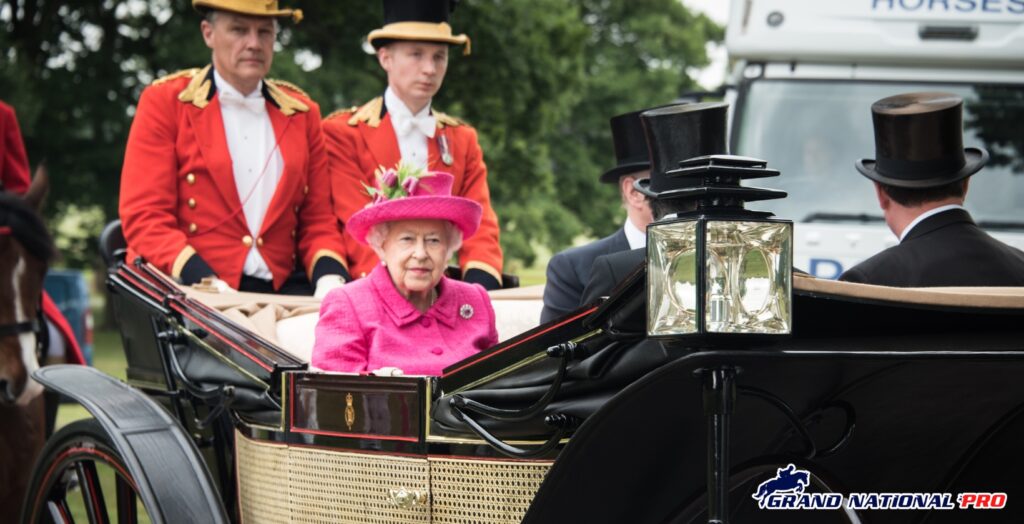The story of British royalty is intricately woven with the vibrant threads of horse racing. Queen Elizabeth II stands as a shining figure in this rich tapestry, her lifelong devotion to the sport echoing in the grandstands and stables of the UK. Her passion was not just a hobby; it was a calling that connected her to a heritage of monarchs who cherished the thundering hooves and spirited competition of the racetrack.
Rewind the clock back five centuries, and rulers like Henry VIII boasted fine stables, a tradition sustained and intensified by each successive monarch. In the 17th century, Charles II, famously known as the ‘Merry Monarch,’ brought horse racing to the forefront, establishing Newmarket as the epicenter of British racing. By 1711, Queen Anne’s visionary spirit had manifested Ascot Racecourse, a beacon of equestrian excellence that would host the legendary Royal Ascot festival for years to come.
Fast-forward to the late 20th century and the praise belongs to Queen Elizabeth II, whose illustrious record as a racehorse owner is unrivaled. With meticulous attention to breeding and training, her stables became synonymous with triumph, amassing over 1,800 lucrative victories across the globe. Her hands-on approach, from studying bloodlines to attending races like a devoted aficionado, underscores the Queen’s monumental impact on the equestrian world.
While horse racing was her passion, gambling—a pastime favored by many monarchs—did not capture her interest. Historical accounts detail rulers like Charles II and George IV reveling in the thrill of a wager. Queen Elizabeth II, however, preferred the purer aspects of the sport, her interactions with royal bookmakers being virtually nonexistent. No lingering echoes of casinos or card tables in her illustrious narrative, only the serenity and splendor of the racetrack.
The Queen’s affection for her four-legged companions was mirrored in her daily routine. Mornings often began with the latest racing reports, followed by moments at her cherished stables, where the quietude of the horses’ world offered reprieve from royal duties. Her visits to the likes of Cheltenham, Epsom, and of course, Ascot, became more than public appearances; they were heartfelt celebrations of a grand tradition.
As we turn our gaze to the future, the question arises about King Charles III and his relationship with horse racing. Early indications suggest a more reserved involvement, with his interests seemingly veering towards environmental conservation. Yet, the spirit of the sport lives on within the royal family, embodied by Princess Anne and Zara Tindall’s enduring commitment to equestrian pursuits. Meanwhile, Prince William and Prince Harry have not displayed the same level of engagement.
Whatever the future holds, the royal bond with horse racing, strengthened through centuries of patronage and passion, remains a significant chapter in Britain’s cultural history. Even as the digital world reshapes how fans indulge in the thrill of the gallop, the legacy forged by monarchs like Queen Elizabeth II ensures that British horse racing will continue to captivate hearts and minds for generations to come.


